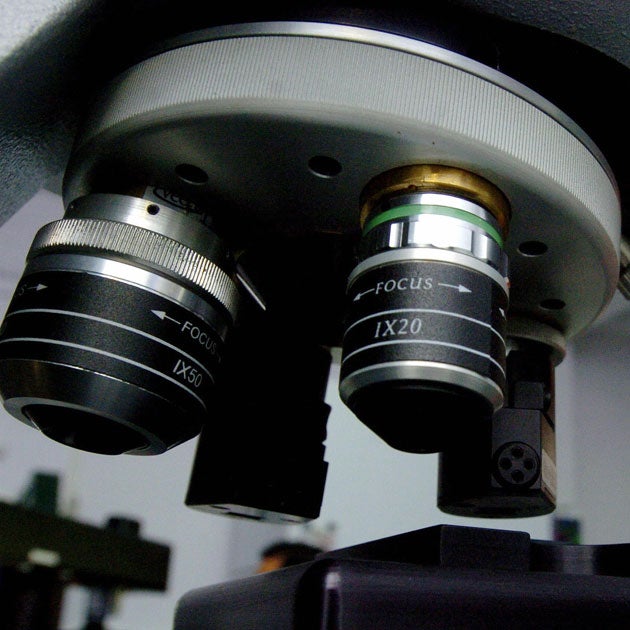Optometry

What courses? Optometry.
What do you come out with? A BSc or a BOptom; you can then go on to do a further pre-registration year with a qualified optometrist, after which you can register with the General Optical Council to become a fully-fledged optometrist.
Why do it? Because you are meticulous, scientifically-minded and fascinated by one of our most important senses. You will come out of the degree with an extremely important skill that will almost always ensure you a well-paid, secure job. You will also have the added satisfaction of knowing that you are not only helping those with eye problems but helping to prevent future problems from developing.
What's it about? A basic grounding in scientific and clinical knowledge is essential, but optometry students will also develop clinical skills, a sound understanding of optics and optical appliances and patient communication skills. The core of the course will cover areas such as human biology, clinical biology of the visual system, visual perception and optometric pharmacology. Beyond the theory, you will learn how to administer all the techniques needed by an optometrist in daily practice, including dispensing. Optometry students are expected to have an awareness of themes beyond daily practice, such as how diseases such as diabetes affect vision. The first year at Aston develops your knowledge of the basic scientific principles that underpin optometry. These skills are developed in the second year, providing you with the skills and knowledge to conduct a full eye examination. You will go on to study the biological links between the eye and the brain, and gain further skills in contact lens fitting, optical instrumentation and research methods. Independent clinical and scientific skills are developed in your final year. A degree in optometry will furnish you with the theoretical and practical knowledge and skills you need to get on the career wagon and become a qualified optometrist.
Study options: Three years, or four if you come from a non-science background and do a foundation year. Most of the courses will combine technical skills and a broader knowledge of the topic. Clinical experience is particularly important as well as placement in hospitals. At City University London you will cover all aspects of the visual system in health and disease. Lectures are supported by tutorials and laboratory-based work in bioscience, optics and ophthalmic lenses laboratories.
What will I need to do it? Hard sciences and maths. Biology is a preferred choice at most universities, followed by physics, chemistry and maths. City wants A*AA, Aston AAA, Ulster and Manchester ask for AAB, while it’s ABB for Anglia Ruskin.
What are my job prospects? Once graduates have completed their final pre-registration year, and become a fully-qualified optometrist, they have little difficulty in finding jobs in either the public or private sector. You may spend your pre-registration year at a private eye practice, a high-street chain (e.g. Boots or Vision Express) or you may work in a hospital eye service. You’ll be looking at an average starting graduate salary of almost £21,000 – not bad!
Where's best to do it? The Complete University Guide 2012 puts Aston and Cardiff at top in the “other subjects allied to medicine”, followed by Manchester among the universities where you can take an optometry course. Glasgow is the first for student satisfaction where you can actually apply for optometry.
Related Courses: Medicine; dentistry; biological sciences; medical sciences.
Join our commenting forum
Join thought-provoking conversations, follow other Independent readers and see their replies
Comments
Bookmark popover
Removed from bookmarks